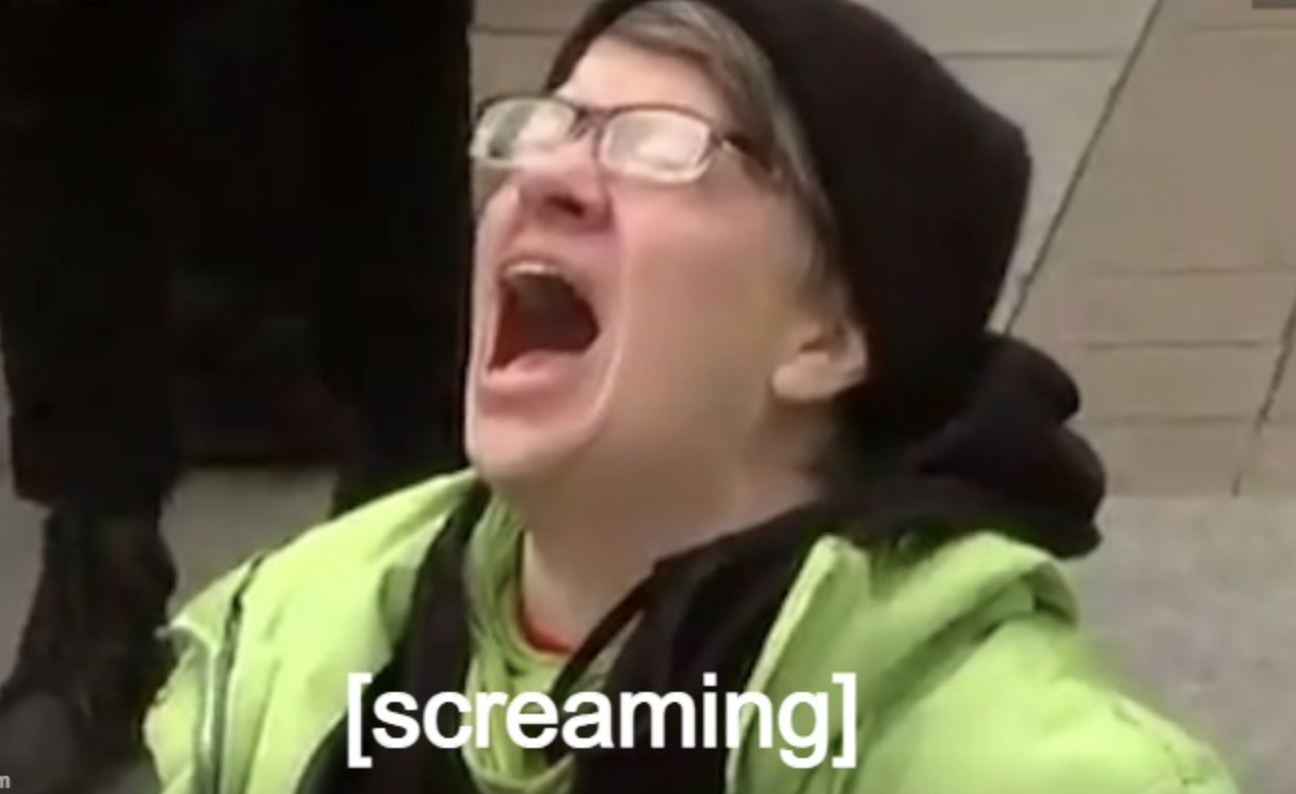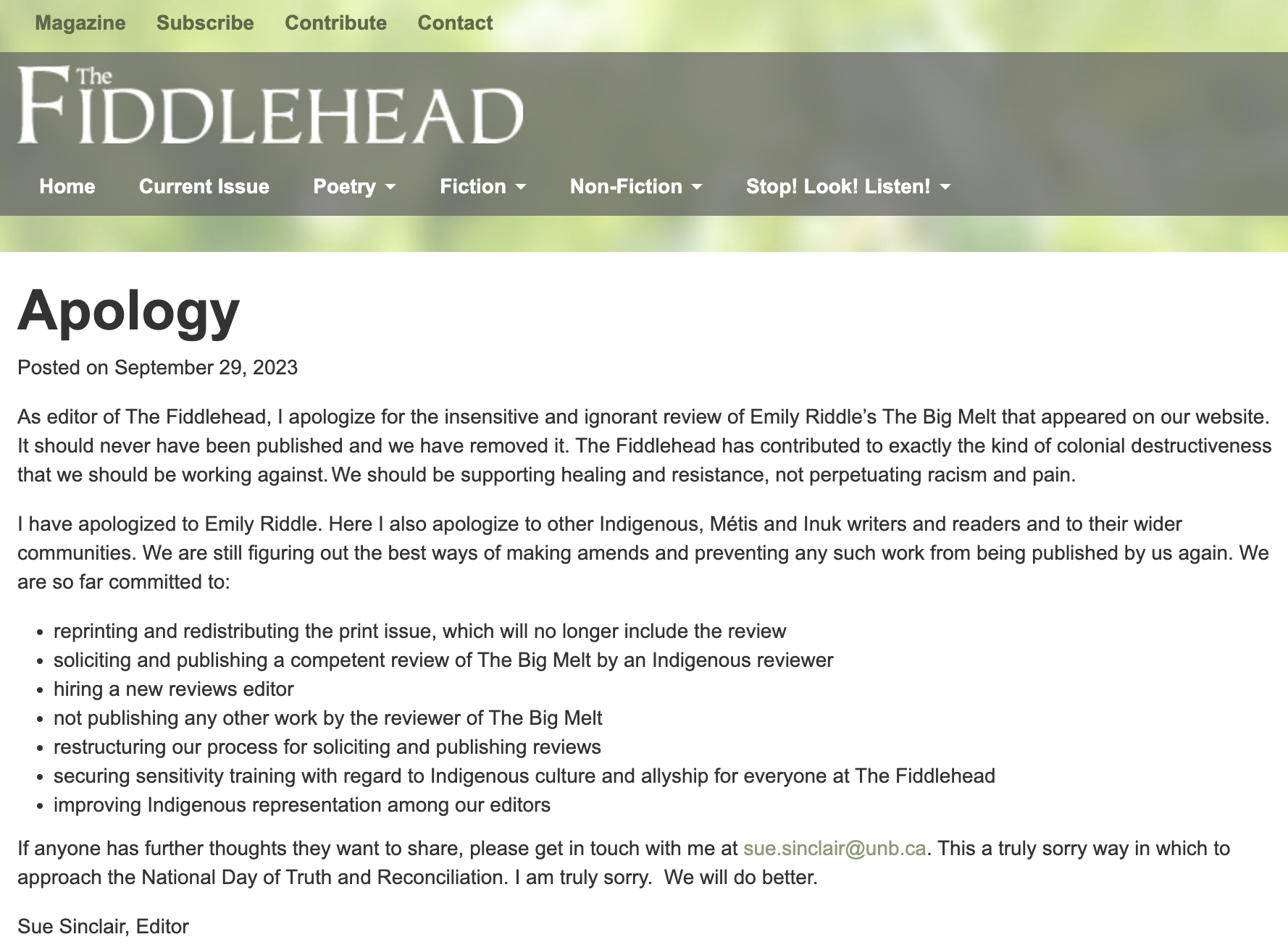Caroline Adderson is the award-winning author of four novels, two collections of short stories, as well as many books for young readers. She is also the editor and co-contributor of a non-fiction book of essays and photographs, Vancouver Vanishes: Narratives of Demolition and Revival. Her work has received numerous award nominations including the International IMPAC Dublin Literary Award, two Commonwealth Writers’ Prizes, the Governor General’s Literary Award, the Rogers’ Trust Fiction Prize, and the Scotiabank Giller Prize longlist. Winner of three BC Book Prizes and three CBC Literary Awards, Caroline was also the recipient of the 2006 Marian Engel Award for mid-career achievement. She lives in Vancouver. www.carolineadderson.com
To understand Vancouver Vanishes in context, we have to go back over a decade to a time when Vancouver prices were elevated, but not insane. Boosted by interest rates that were knocked down and never really got off the mat, the latest record-breaking run began after a brief dip in prices in 2008. Realtors were quick to say the things that realtors often say when any large urban market booms. Vancouver is a world-class city. They’re not making any more land. Planeloads of rich Chinese are landing at YVR every day. Everybody wants to live here.
Pessimists pointed to disturbing fundamental ratios. Price to income was way out of whack. Likewise with price to rental income. Average household debt climbed until it surpassed levels last seen in America just prior to a financial crisis that nearly took out the global financial system. To the delusional residents of Crazy Town, fundamentals didn’t matter. They figured unstoppable demand would push the value of dumpy two-story houses in PoCo to 4 million by 2030. House-poor paper millionaires abounded.
Glitches in the matrix realtors provided soon became apparent. The majority of Coal Harbour condo towers were often dark at dinnertime. Businesses at the bases of these lightly occupied towers struggled to make it. Houses in prime neighbourhoods were left to nature. Foreign money was distorting the market, but anyone who dared investigate this was labeled a racist. Even the CRA was too scared to touch this issue. To hell with enforcement. What about optics?
There was a time when no paper dared used the word “bubble” in the context of housing, and it wasn’t surprising considering how many pages were devoted to developers advertising their latest offering. The Globe & Mail finally started coming out with back-to-back stories documenting the degree of control fraud and money laundering rampant in Vancouver’s real estate market. Governments at all levels responded, though it’s too early to say if these measures were enough. Perhaps the damage has already been done.
Vancouver Vanishes documents a particularly nasty side effect of the current boom: the wholesale destruction of Vancouver’s architectural heritage. For a city that prides itself on being one of the greenest in the country, this is very strange behaviour. Reduce, reuse, recycle may be the holy trinity for the modern environmentalist, but Vancouver housing policy is a fail on all three counts. Recycling pop cans and building bike lanes seems irrelevant when compared to the resources wasted in the destruction and removal of old housing stock and the replacement of it with poorly built monster mansions unlikely to last half as long as the originals.
Vancouver Vanishes has identified a problem. What is your solution? If you had the ear of federal, provincial, and local governments regarding housing policy, how would you direct them? I could end the housing boom fairly rapidly, given the power, but demo permits seem slightly more complicated. City leaders need to find a way to balance environmentalism with property rights and the health and prosperity of the community. I am not keen on overregulation and the constant meddling of the nanny state. I generally believe that if you spend five million on a house, you should be able to do whatever you want with it. Vancouver, however, seems like a special situation requiring special remedies. The destruction must stop.
The solution is actually simple and was within the city’s reach, but they backed down on it at the last minute. Perhaps they never intended on following through. In the parts of Vancouver that have RT-zoning, there are far fewer demolitions: Grandview Woodlands, Mount Pleasant, Strathcona, Lower Kits. These are vibrant neighbourhoods because of the density offered by more affordable older buildings and because developers aren’t interested in properties they can’t raze and rebuild to suit buyers with access to foreign capital, which is what is happening in my empty West Side neighbourhood. Properties are purchased as building lots because the zoning allows a bigger house. It’s all luxury redevelopment.
Here are the results of the public consultation which showed a strong support for “flexibility in zoning”:
http://vancouver.ca/files/cov/character-home-zoning-review-questionnaire-summary-april-2017.pdf
Despite this, they took rezoning off the table.
Is it enough for you that the external structure of the house remains intact while the interior is gutted? Is your concern only with exterior aesthetics, or should we be considering total environmental impact, inside and out?
Preserving the streetscape is better than outright demolition. I’m not a heritage professional so I can’t comment beyond personal taste. I love living in a house with original features. I prefer lath and plaster to drywall, solid wood doors to hollow factory-made ones. The quality of materials and level of craftsmanship seems far superior in older homes than in the cheaply built spec houses that replace them.
San Francisco has the Mills Act, federal tax credits, and preservation easements that can provide a 20- and 50% reduction in taxes for owners of heritage properties. Although I’m not familiar with the specific measures they’ve taken, a walk through the city confirms that what they’ve done has worked. Partly based on those ideas, here’s my fix. Poke holes where you find them.
1. Raise the demo permit to $500,000.
Great idea. They won’t do it.
2. Provide tax reductions for preservation projects.
A bill for this is already in the works at the federal level. Fingers crossed it passes.
3. Ban structures that exceed the original foundation footprint and height of the old structure.
That’s RT-zoning. It’s very effective.
4. Additional empty home taxes that steadily increase for every year the property is empty.
Good.
5. Make Vancouver real estate less attractive to foreign buyers and money launderers by clear registration of beneficial owners and actual enforcement of CRA, OSFI, and FINTRAC regulations.
Yes.
Maybe demos should just be banned. Would this force developers to find new areas to build?
A truly sustainable city would not allow livable homes to be destroyed for luxury redevelopment. Here’s what they do in Montreal: “The demolition committee considers the state of the building (based on an inspector’s report), the architectural appearance, the character of the neighbourhood, the quality of the life of the neighbourhood, the estimated cost of renovations to put things in order and the intended use of the land (the lot cannot be left vacant.)”
http://montrealgazette.com/news/local-news/demolition-permit-denied-and-beaconsfield-homeowner-is-furious
They actually deny demo permits, which never happens in Vancouver.
Vancouver Vanishes has over 12,000 followers.
More than 13,000 now.
Did the numbers build gradually, or were there big jumps after you were on the news?
Both.
Did you do anything to promote the blog, or did you just let it grow naturally through word of mouth? Is there a team taking care of this blog, or is it mostly a one-woman operation? How many hours a week do you devote to this project?
I reached out to the media when I started the page. Once I’d established those relationships, the media started coming to me. It’s a one-woman show. I’ve spent countless hours on the project, five or more hours a week since 2013, but with the failure of the Character House Zoning Review I’ll now be pulling back on public advocacy.
Vancouver Vanishes is also available in book form through Anvil Press. Given the popularity of your blog, did you ever consider self-publishing? You could have kept a much larger percentage of revenue from book sales.
Self-publishing would be too much work. I didn’t bring the book out to make money, though I’m grateful to be compensated for my efforts. It was another advocacy tool to try and bring awareness to the issue.
For a well-established writer with a long list of publications and a bucketful of awards and prizes, self-promotion for you is probably much different than what might be typical for an emerging writer with one or two books out and a bunch of journal credits. Do you still think in terms of self-promotion? Did you ever? Do you find the activity distasteful?
I dislike self-promotion and social media, though this project has opened my eyes to the positive uses of social media. I can’t say that Vancouver Vanishes — the book or the website — has helped promote my main career, which is literary fiction. I certainly don’t try to promote myself as an author through the Facebook page. For me, it’s about the loss of narrative. These old houses are repositories of narrative. They hold the stories of the people who crafted them and the successive owners. With each demolition, so go the stories. The replacement houses are mainly built of prefabricated synthetic materials (ie. story-less). They also won’t be around long enough to house multiple generations. So soon we’ll be a story-less, soulless city. I’m not sure I want to live in such a place.
I’m writing these questions the day after the YWCA 2017 Women of Distinction Awards, so I still don’t know who won. Do you think your nomination will be helpful in advancing your cause?
It was honoured to be nominated. The Vancouver Art Gallery’s Kathleen Bartels deservedly won. As for “advancing the cause,” I can’t say.
Has Vancouver Vanishes created a social movement?
I wish! It’s raised awareness. The demolitions continue.





Leave A Comment